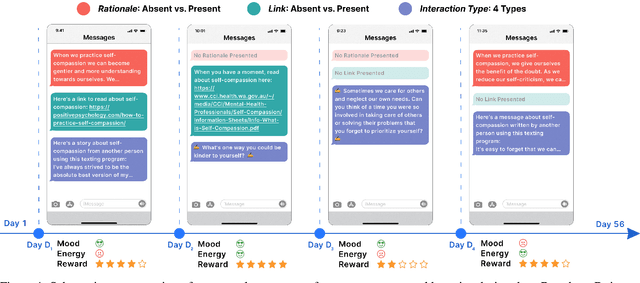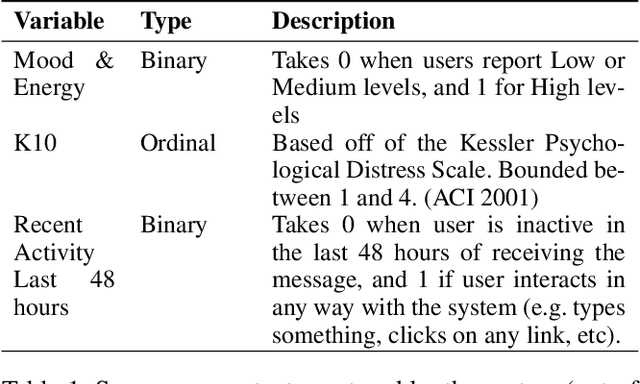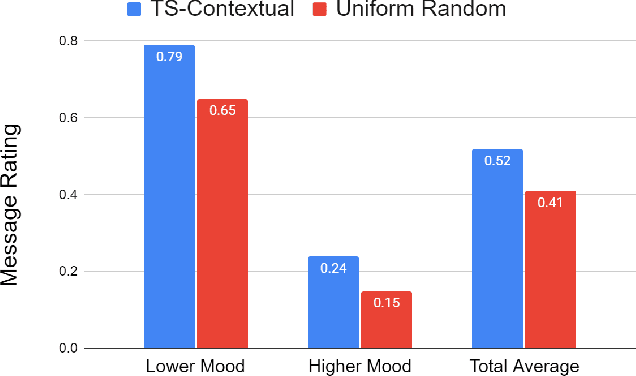Jiakai Shi
Impact of Guidance and Interaction Strategies for LLM Use on Learner Performance and Perception
Oct 13, 2023Abstract:Personalized chatbot-based teaching assistants can be crucial in addressing increasing classroom sizes, especially where direct teacher presence is limited. Large language models (LLMs) offer a promising avenue, with increasing research exploring their educational utility. However, the challenge lies not only in establishing the efficacy of LLMs but also in discerning the nuances of interaction between learners and these models, which impact learners' engagement and results. We conducted a formative study in an undergraduate computer science classroom (N=145) and a controlled experiment on Prolific (N=356) to explore the impact of four pedagogically informed guidance strategies and the interaction between student approaches and LLM responses. Direct LLM answers marginally improved performance, while refining student solutions fostered trust. Our findings suggest a nuanced relationship between the guidance provided and LLM's role in either answering or refining student input. Based on our findings, we provide design recommendations for optimizing learner-LLM interactions.
Using Adaptive Bandit Experiments to Increase and Investigate Engagement in Mental Health
Oct 13, 2023



Abstract:Digital mental health (DMH) interventions, such as text-message-based lessons and activities, offer immense potential for accessible mental health support. While these interventions can be effective, real-world experimental testing can further enhance their design and impact. Adaptive experimentation, utilizing algorithms like Thompson Sampling for (contextual) multi-armed bandit (MAB) problems, can lead to continuous improvement and personalization. However, it remains unclear when these algorithms can simultaneously increase user experience rewards and facilitate appropriate data collection for social-behavioral scientists to analyze with sufficient statistical confidence. Although a growing body of research addresses the practical and statistical aspects of MAB and other adaptive algorithms, further exploration is needed to assess their impact across diverse real-world contexts. This paper presents a software system developed over two years that allows text-messaging intervention components to be adapted using bandit and other algorithms while collecting data for side-by-side comparison with traditional uniform random non-adaptive experiments. We evaluate the system by deploying a text-message-based DMH intervention to 1100 users, recruited through a large mental health non-profit organization, and share the path forward for deploying this system at scale. This system not only enables applications in mental health but could also serve as a model testbed for adaptive experimentation algorithms in other domains.
 Add to Chrome
Add to Chrome Add to Firefox
Add to Firefox Add to Edge
Add to Edge